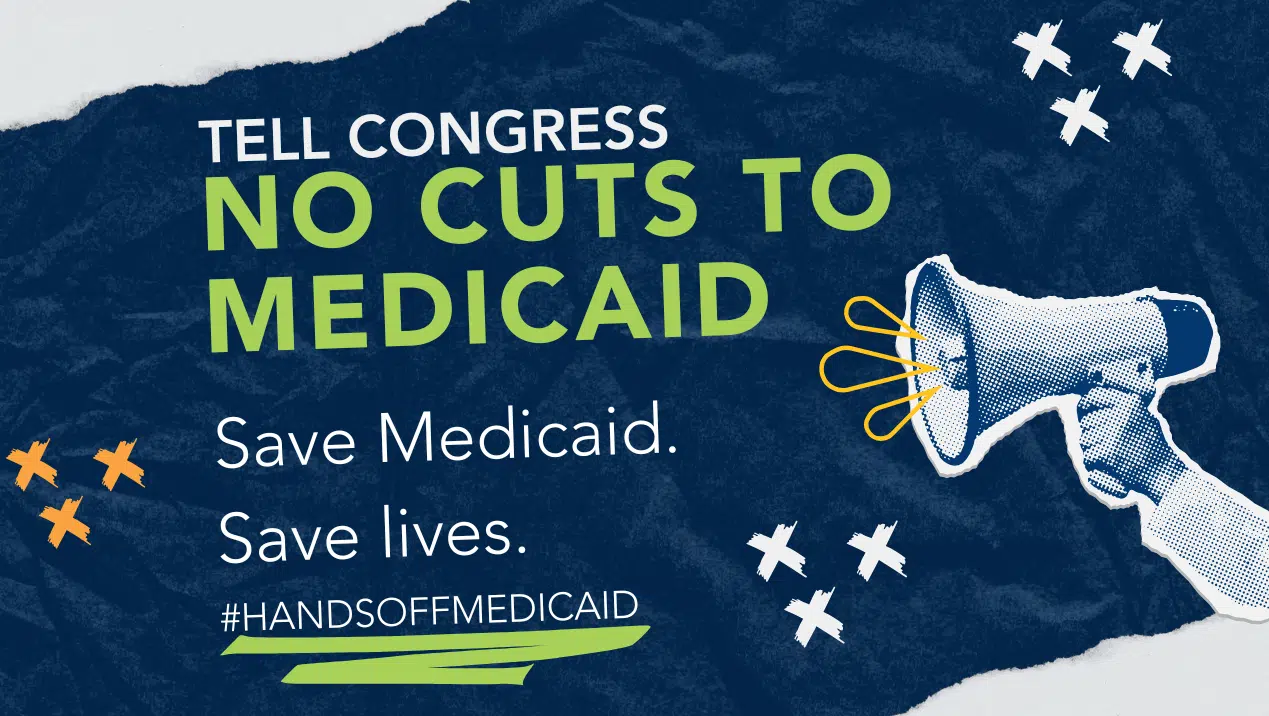Take Action: Tell your senators to reject harmful cuts to health care!
The CARES Act Provides Economic Stimulus and Health Care Changes

Last week, a third bill intended to address the coronavirus pandemic through economic stimulus and important financial and health safety provisions was passed by Congress and signed into law by the president. The Coronavirus Aid, Relief, and Economic Security (CARES) Act is a massive legislative package that is likely to have some effect on all residents of the U.S., including people with Medicare and their families.
The direct changes to Medicare in the CARES Act are relatively few, but the policy impacts are significant. For example, the bill requires Medicare Part B and Medicare Advantage plans to cover an eventual coronavirus vaccine without cost-sharing, similar to coverage of annual flu vaccines. It would also allow Federally Qualified Health Centers and Rural Health Clinics to provide telehealth services to people with Medicare, and it would boost payment to certain providers through the end of 2020.
Importantly, a provision Medicare Rights has pursued as a priority in our advocacy efforts is also included. The CARES Act generally requires all Medicare and Medicare Advantage prescription drug plans to allow enrollees to obtain a 90-day supply of covered drugs without restrictions, such as utilization management or medication therapy management, during the declared emergency. This was previously optional for plans. Making it mandatory will help people with Medicare access the medications they need without bureaucratic hoops that might delay their care.
The bill also continues funding and authorizations for several programs through November 30, 2020. Commonly called “health care extenders,” some of the addressed items include funding for community-based organizations that provide outreach and enrollment to low-income Medicare beneficiaries, as well as two Medicaid provisions—the “Money Follows the Person” program and home and community-based (HCBS) spousal impoverishment protections. Both help older adults and people with disabilities live in their homes and communities.
A large part of the bill provides economic stimulus and stability through enhanced unemployment insurance benefits, funds for small business loans, and one-time cash payments for eligible households.
While the CARES Act takes many important steps to help promote health and economic security for people with Medicare and the general public, more must be done to protect older adults and people with disabilities, who are among those at greatest risk from COVID-19. Looking ahead, Medicare Rights will continue to advocate for improved Medicare enrollment, access and affordability, and prescription drug coverage. Other advocacy priorities include stronger programs, like Medicaid, that serve those in need, and better services and supports for caregivers and the health care workforce.
Read more about Medicare Rights’ priorities during the coronavirus crisis.
Show Comments
Help Us Protect & Strengthen Medicare.
Donate today and make a lasting impact.
The Latest
Most Read
Add Medicare to Your Inbox
Sign up to receive Medicare news, policy developments, and other useful updates from the Medicare Rights.
View this profile on InstagramMedicare Rights Center (@medicarerights) • Instagram photos and videos









